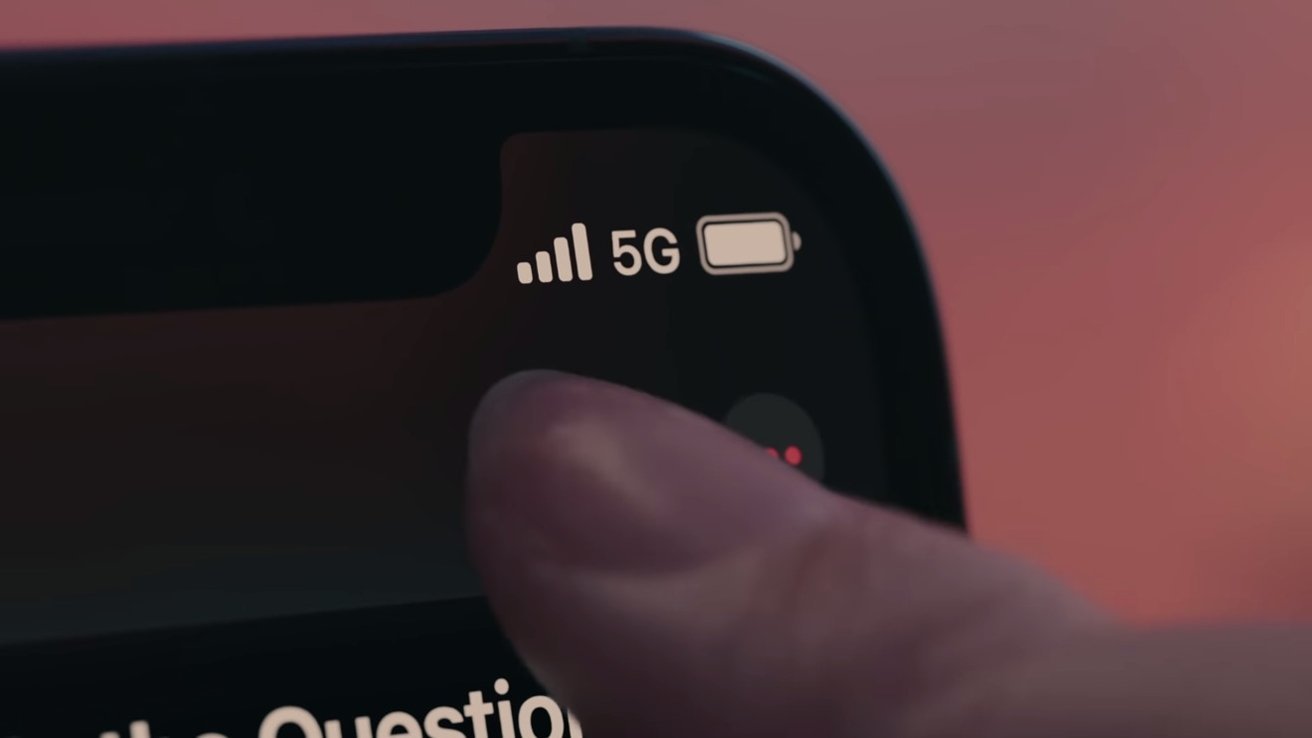Apple's 5G-equipped iPhones and iPads are banned from sale and import in Colombia, ordered after a court determined Apple's products infringe on a patent owned by Ericsson.

In an escalation of an ongoing patent infringement war between Apple and Ericsson, Apple has fallen victim to a court decision in Bogota. The two companies are fighting over 5G patents owned by Ericsson, which Apple is alleged to have infringed upon.
The Juzgado 042 Civil del Circuito de Bogota in Colombia's capital declared in April that Apple's 5G hardware infringes on claim 13 of Colombian patent NC2019/0003681. FOSS Patents reports the patent, deemed to be standards-essential to 5G and granted to Ericsson in 2019, is said by the court to remain valid until December 2037.
After April's infringement, Ericsson posted a bond of worth $50,000 the following month, in order for enforcement to take place. The court then ordered a preliminary injunction on July 6 impacting Apple Colombia S.A.S, the Cupertino company's subsidiary in the country.
Under the injunction, Apple is banned from importing, selling, advertising, or otherwise commercializing any products infringing the patent, which means any 5G-equipped iPhone or iPad. Apple also has to "warn and communicate" with retailers, social media platforms, mass media, and other firms to ensure compliance.
The court also orders Colombia's customs authority, the Direccion de Impuestos y Aduanas Nacionales, to prevent imports of the affected hardware.
Apple is appealing the ruling, but there is an unusual wrinkle to proceedings. Judge Ronald Neil Orozco Gomez decided that Apple cannot seek or enforce an "antisuit injunction" from a foreign country that can prevent or restrict the enforcement of the preliminary injunction.
The court order, a so-called "anti-antisuit injunction," makes it hard for Apple to gain an antisuit injunction against Ericsson, as that would go against the court order.
Instead of trying to combat the Colombia order, Apple is instead trying to demand antisuit damages in the Eastern District of Texas. An emergency motion to the court on Friday had Apple claiming the injunction gives Ericsson "economic and logistical leverage" to pressure the company into giving up its litigation and paying Ericsson's royalty demands.
The motion asks Chief Judge Rodney S. Gilstrap to rule that Ericsson must "indemnify Apple from any fines, fees, penalties, and costs it incurs as a result of the Colombian injunction."
The logic behind the move is that Apple's motion isn't seeking an antisuit injunction, but instead an antisuit damages claim, which would technically appease the Colombian court's limitations.
The Colombia activity is the latest in the string of lawsuits occurring around the world about the patents. Activity includes a lawsuit in the UK, U.S. International Trade Commission activity, Ericsson attacking a Brazilian distributor, and a rash of European lawsuits, among others.
